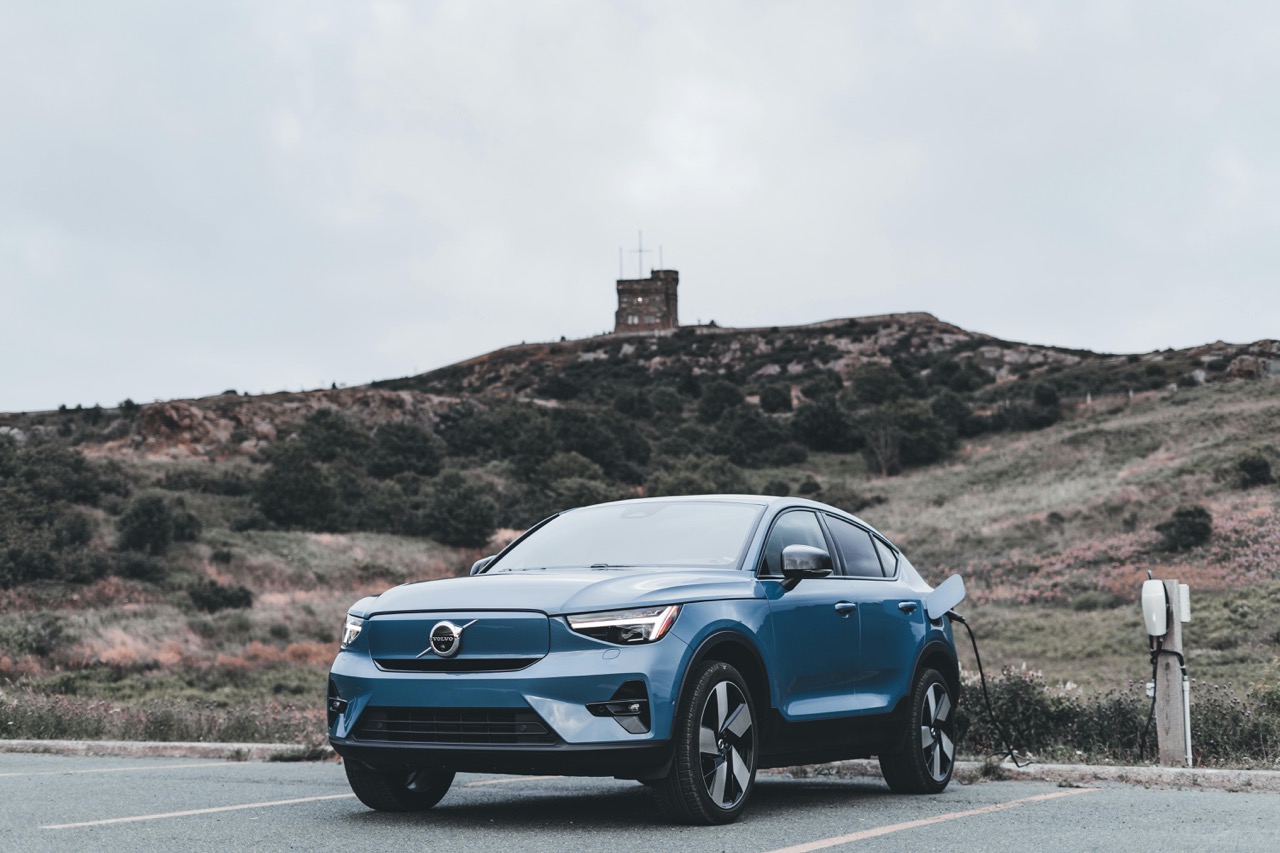The Electric Question
You’ve seen sleek EVs gliding silently past gas stations and heard promises of lower fuel costs and zero tailpipe emissions. But is switching to an electric vehicle worth it? If you’re considering an EV to shrink your carbon footprint, save on fuel bills, or simply embrace the latest tech, you’re in the right place. In this post, we’ll break down everything—from environmental impact comparisons to real-world cost analyses—so you can decide whether making the switch aligns with your sustainability goals and practical needs.
Why the Question Matters
Transportation accounts for nearly 30% of U.S. greenhouse-gas emissions, with passenger vehicles contributing the bulk of that share (U.S. EPA).¹ Moving from a gasoline car to an electric vehicle can reduce your driving emissions by up to 60–70%, depending on your region’s electricity mix (International Energy Agency).² But reduced emissions are only part of the story. You’ll also want to consider purchase price, charging infrastructure, incentives, and lifestyle fit. Let’s dig in.
Electric Vehicle vs Gas Car Environmental Impact
Tailpipe Emissions
- Gas cars: Release CO₂, NOₓ, and particulate matter every time you drive.
- EVs: Zero tailpipe emissions. Even when accounting for electricity generation, EVs produce significantly fewer greenhouse gases per mile (EPA).
Well-to-Wheel Analysis
- Well-to-wheel measures total emissions from fuel production through vehicle operation.
- In regions powered by renewables (e.g., California’s 50% clean grid), EVs cut life-cycle emissions by up to 70%.³
- In coal-heavy regions, the benefit shrinks but remains positive: EVs still outperform gas cars by 20–30% on well-to-wheel CO₂.
Battery Production Footprint
- Manufacturing EV batteries emits more CO₂ upfront (around 70–150 kg CO₂ per kWh of battery capacity).⁴
- However, over 100,000 miles of driving, the higher production emissions are outweighed by lower operational emissions—leading to net climate benefits.
Total Cost of Switching to an Electric Vehicle
While sticker price grabs headlines, total cost of ownership (TCO) tells a fuller story. TCO includes purchase price, fueling/charging costs, maintenance, insurance, and depreciation.
- Purchase Price
- EV sticker prices run 10–20% higher than comparable gas models.
- However, federal tax credits (up to $7,500 in the U.S.) and state incentives can shave $5,000–$10,000 off that price tag.⁵
- Fueling vs Charging
- Gas car: Average $1,500–$2,000 per year on fuel.
- EV: Charging at home costs roughly $500–$600 per year (assuming $0.13/kWh and 12,000 miles driven).
- Public fast-charging can cost more (up to $0.30–$0.40/kWh), but most owners rely on overnight home charging.
- Maintenance Savings
- EVs have fewer moving parts—no oil changes, fewer brake replacements thanks to regenerative braking, and simplified cooling systems.
- On average, EV maintenance costs are 30–50% lower than for gas cars over the vehicle’s lifetime.⁶
- Insurance & Depreciation
- Insurance premiums may be slightly higher for EVs due to battery-replacement costs, but competition is driving rates down.
- Battery warranties (usually 8 years or 100,000 miles) protect resale value.
- Recent market trends show that EVs hold their value nearly as well as gas SUVs, especially popular models.
When you add it all up, many drivers see a TCO break-even point within 4–6 years. After that, every mile in an EV costs less than its gas counterpart.
Benefits of Owning an Electric Car for Sustainability
Switching to an EV delivers more than just savings:
- Cleaner Air in Your Community: No exhaust means fewer local pollutants, which improves respiratory health.
- Support for Renewable Energy Growth: High EV adoption incentivizes utilities to invest in grid upgrades and renewables.
- Quiet, Comfortable Driving: EVs are whisper-quiet and deliver instant torque for smooth acceleration.
- Home Energy Integration: Many EV owners pair charging with home solar installations and time-of-use rates to further reduce their footprint.
Consider Zoe, a schoolteacher in Portland: after installing solar panels and an EV charger, she powers her daily commute entirely with clean energy—and saves over $800 per year on fuel. That lifestyle ripple effect—driving solar adoption, reducing neighborhood pollution—multiplies the impact of your choice.
Electric Car Incentives and Savings Guide
To maximize savings, stack these incentives:
- Federal Tax Credit (U.S.): Up to $7,500 for qualifying models (phase-out applies based on manufacturer’s sales volume).
- State & Local Rebates: Many states offer additional rebates ($500–$2,500) or HOV lane access (e.g., California).
- Utility Company Programs: Off-peak charging rates, free charger rebates, or bill credits.
- Workplace Charging: Some employers provide free or subsidized charging stations.
- Manufacturer Incentives: Occasional cashback or 0% apr deals (check Tesla, Nissan, Hyundai, etc.).
Use the U.S. Department of Energy’s EV Incentive Finder (https://afdc.energy.gov/laws) to find up-to-date offers in your area.
Is Switching to an Electric Vehicle Worth It? Key Takeaways
- Environmental Impact: EVs cut driving emissions by 60–70% on average and improve local air quality.
- Cost of Ownership: Higher purchase price is offset by tax credits, lower fueling, and maintenance costs, reaching TCO parity in 4–6 years.
- Sustainability Benefits: Driving an EV supports renewable energy growth, reduces noise pollution, and encourages smarter grid investments.
- Incentives & Savings: Federal, state, and utility incentives can reduce your upfront and ongoing costs significantly.
Drive Change Today
If you’ve been asking yourself, “Is switching to an electric vehicle worth it?”—the answer is increasingly yes, especially for sustainability-minded drivers who log regular mileage and have access to home charging.

